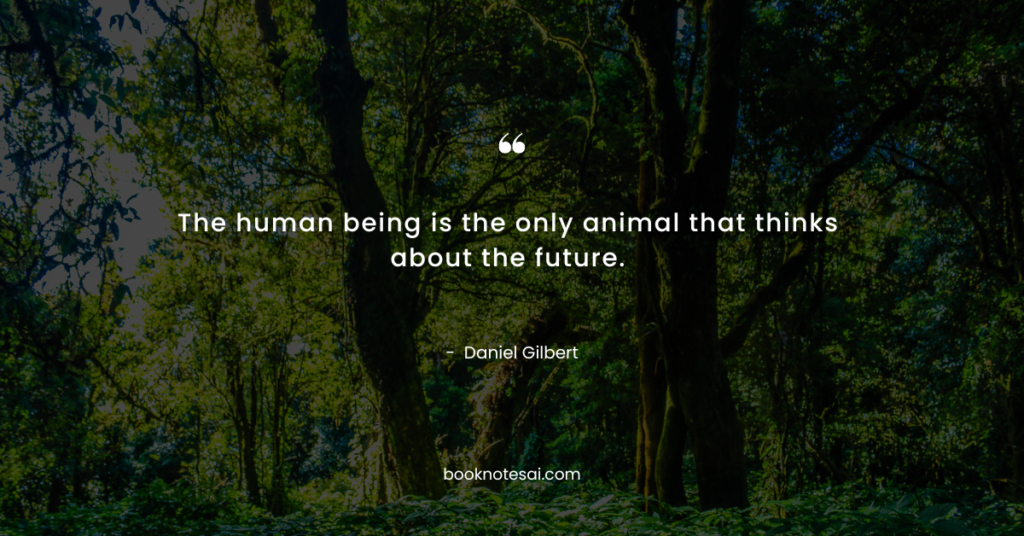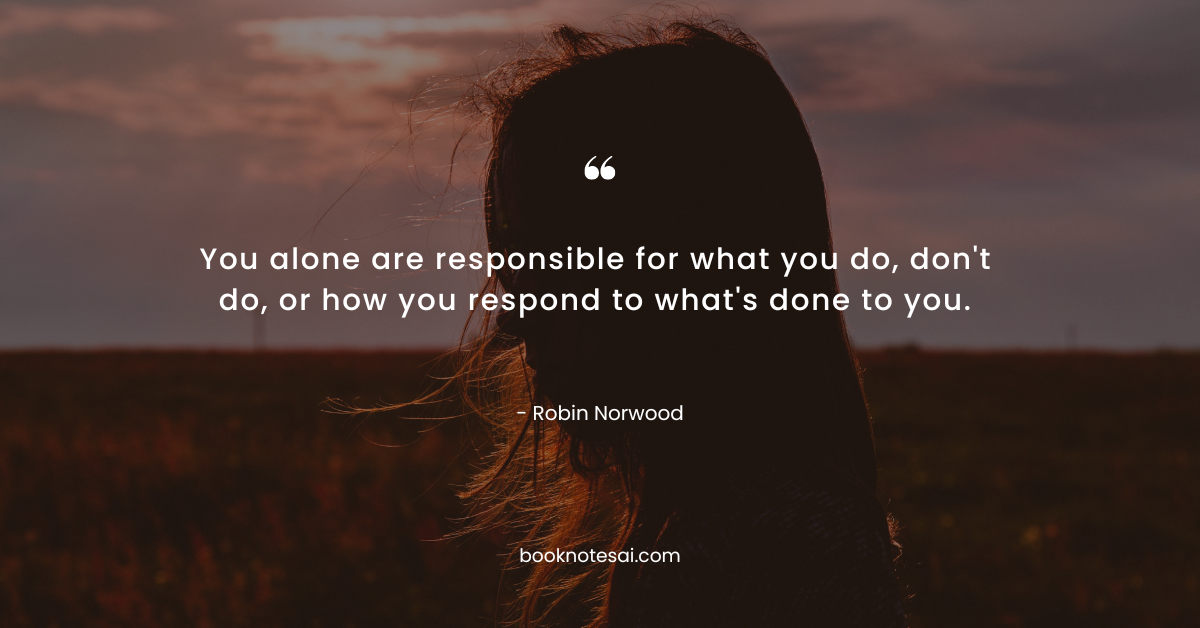Listen To This Post
Stumbling on Happiness Summary: Understanding the Science of Why We Dream of the Future.

This is a book summary for Stumbling on Happiness by Daniel Gilbert. The essential information is structured to be straightforward, useful, and valuable, all while helping you save plenty of time.
Introduction: Why this book?
- In Stumbling on Happiness by Daniel Gilbert, explore the intriguing psychology behind our pursuit of happiness and why it often eludes us despite our best efforts.
- By delving into Gilbert’s work, you gain profound insights into the complexities of human desires and the fascinating mechanisms of our minds.
Stumbling on Happiness Summary:
- Daniel Gilbert examines why individuals struggle to forecast their future emotions accurately, often leading to surprising and counter-intuitive findings.
- Through compelling anecdotes and rigorous scientific research, Gilbert unveils the quirks of human cognition and the intricate interplay between memory, perception, and anticipation.
- He challenges conventional wisdom, revealing how our notions of happiness are often skewed by cognitive biases and societal influences.
- Gilbert offers practical strategies for navigating the complexities of human emotions and enhancing our well-being in an uncertain world.
- By understanding the psychological underpinnings of happiness, readers can cultivate a more nuanced approach to pursuing fulfillment and satisfaction.
💡 5 Big Ideas
- The Fallibility of Imagination:
Gilbert underscores how our imagination often fails to accurately predict our emotional responses to future events, leading to misconceptions about what truly makes us happy.
Understanding this fallibility enables us to make more informed decisions about our goals and aspirations. - The Impact of Presentism:
Gilbert explores the concept of presentism, emphasizing how our current emotional state heavily influences our predictions about future experiences.
Recognizing this bias allows us to adopt a more balanced perspective when envisioning our future selves. - The Role of Adaptation:
Through examples and research, Gilbert elucidates how humans possess a remarkable capacity to adapt to both positive and negative life events, influencing our long-term happiness.
Acknowledging the transient nature of emotions empowers us to seek enduring sources of well-being. - The Influence of Social Comparisons:
Gilbert highlights the pervasive nature of social comparisons in shaping our perceptions of happiness and success.
By minimizing comparisons and embracing intrinsic values, we can cultivate a more authentic sense of fulfillment. - The Pursuit of Synthetic Happiness:
Gilbert challenges the notion of natural happiness, advocating for the pursuit of synthetic happiness derived from internal sources rather than external circumstances.
Embracing this concept allows us to reclaim agency over our well-being and find contentment irrespective of external conditions.
In essence, Gilbert’s insights underscore the importance of embracing uncertainty, fostering gratitude, and cultivating meaningful connections as pathways to lasting happiness.
Powerful Quotes
- “We treat our future selves as though they were our children, spending most of the hours of most of our days constructing tomorrows that we hope will make them happy.”
This quote emphasizes the disconnect between our present actions and our future well-being. - “The human being is the only animal that thinks about the future.”
This quote highlights the unique cognitive abilities that drive our pursuit of happiness. - “The fact is that human beings come with onboard emotional-regulation equipment that enables them to manufacture happiness when it is needed.”
This quote underscores our innate capacity to adapt and find contentment in various circumstances. - “The psychological immune system works best when we are totally stuck, when things are as bad as they could possibly be.”
Gilbert discusses the resilience of the human psyche in navigating adversity. - “Natural happiness is what we get when we get what we wanted, and synthetic happiness is what we make when we don’t.”
This quote challenges conventional notions of happiness and fulfillment. - “The human brain does not take well to the sounds of silence.”
Gilbert explores the restless nature of the human mind and its constant pursuit of stimulation. - “Most of us spend our lives steering ourselves toward the best of all possible futures, only to find that when we get there, it feels insufficient.”
This quote highlights the paradoxical nature of human desires and aspirations. - “We synthesize happiness, but we think happiness is a thing to be found.”
Gilbert discusses our tendency to misconstrue the sources of happiness. - “The mental images that future events inspire are often more real than the events themselves.”
This quote underscores the power of anticipation in shaping our emotional experiences. - “Few things in life are as important as we think they are while we are thinking about them.”
Gilbert reflects on the transient nature of human desires and priorities.
One Reason To Read This Book:
Dive into Stumbling on Happiness for a profound exploration of the intricacies of human happiness and the fascinating quirks of the human mind.
Who should I recommend Stumbling on Happiness Summary to?
Whether you’re a psychology enthusiast, a curious thinker, or someone seeking deeper insights into the human experience, Stumbling on Happiness offers invaluable perspectives on the pursuit of happiness and the complexities of human cognition.
Recommendations:
- “The Happiness Hypothesis” by Jonathan Haidt
- “Thinking, Fast and Slow” by Daniel Kahneman
- “Flow: The Psychology of Optimal Experience” by Mihaly Csikszentmihalyi
This summary serves as a complimentary guide to the reviewed title Stumbling on Happiness, offering key insights. For a deeper understanding, we encourage you to explore the full book.


